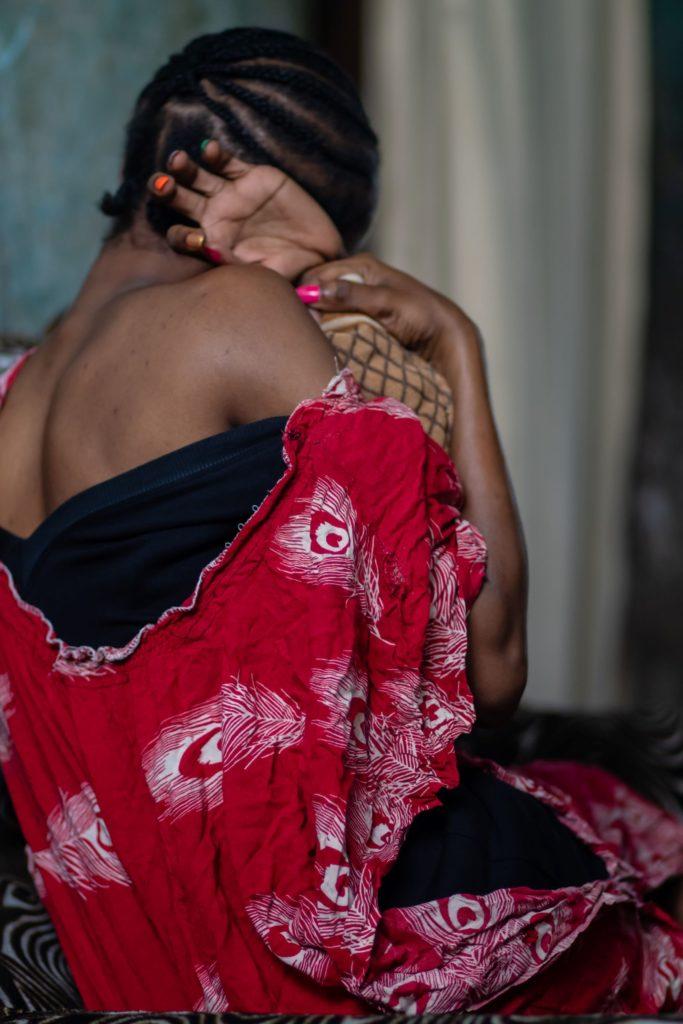
The 58th World Health Assembly adopted a resolution in 2005 encouraging countries to transition into universal health coverage (UHC). That being said, when we think of universal health coverage, we envision increased access to good quality health care by all members of the population, void of financial burden. Ideally, therefore, comprehensive UHC packages ought to accommodate essential health services for women, children, and adolescents key to which would be sexual reproductive health services. What is Kenya’s situation? One could say that Kenya has made some significant strides in the implementation of UHC with the piloting of 4 out of 47 counties in the country in 2018. In so doing, the government has sought to advance interventions that cater to six principles of UHC within the national health policy which are equity, participation, multi-sectionalism, efficiency, social accountability, and people-centeredness.
Gender-based violence (GBV) has undoubtedly emerged as a silent but catastrophically pandemic that damages the physical, mental, economic, and social spheres. In low-resource settings, women and girls disproportionately experience GBV due to socio-economic imbalances and patriarchal norms that encourage thesubordination of women. In Kenya, 32% of girls and 16% of boys experience sexual violence before the age of 18 years. 45% of women have also experienced physical violence between the ages of 15- 49 years. Notably, instances of GBV were exacerbated at the peak of the COVID 19 pandemic due to the pandemic-specific social, psychological, and economic stressors.
Kenya has thus committed to ending GBV in the country by 2026 by adopting a series of strategies, one of which is to integrate GBV services – medical, legal, and psychological support services into the essential minimum package of the Universal Health Coverage UHC by 2022. The citizens and netizens alike, therefore have high expectations for UHC in addressing many of the inequitable access to health care services in the Country, including the constitutional promise of sexual reproductive health rights (SRHR).
What then is the place of GBV in the attainment of UHC within Kenya? One may ask, especially where ordinary approaches to UHC often sideline gender concerns in problem setting and program design. Priority setting is important in UHC since countries are expected to make necessary trade-offs, particularly where resources are limited. Realities for UHC are thus demurred by the competing priorities in health systems that warrant difficult choices on which health actions ought to be focused. In Kenya, however, GBV remains a concern in advancing SRH rights and equality. GBV as a component of SRH therefore ought to remain an agenda in UHC implementation.
Although SRH is part and parcel of health service priorities under UHC implementation expectations, there exist barriers to the effective discourse around SRH – UHC within Kenya. This is partly attributed to hindrances around advancing SRH rights in the country such as cultural norms that condone gender inequality, and limited awareness among underserved communities. Other more obvious restraints are underfunding, barriers in legal and policy frameworks, a high number of underserved and hard-to-reach communities, and an over-reliance on donor funding. It also doesn’t help that delivering UHC in the country is a time-bound campaign promise which tampers with the diligence that should be prescribed to the process.
Another challenge in effecting the promise of GBV through UHC is in the quality of care offered. Post – GBV needs of survivors warrants a comprehensive approach that can address physical, mental, and legal concerns. Thus far, Kenya has attempted to install at least two Gender-Based Violence and Recovery Centers (GBVRC) per County. The centres are adequately equipped for clinical management but the important component of mental health care is still wanting, skilled counselors are required to cover the globally prescribed five counseling sessions. Access to justice for survivors also remains an uphill task. Subsequently, the universally prescribed comprehensive care package that ought to accompany post-GBV care is capped.
The future of UHC in Kenya, and the strengthening of GBV response under UHC for that matter, will require intentional action from the government in ensuring a comprehensive post-GBV care package, one that encapsulates the clinical, mental, and legal needs of survivors. Ascertaining representation of those to whom SRH-UHC is intended is important as they can voice their needs, inform priority areas, and demand accountability for the quality of services rendered.